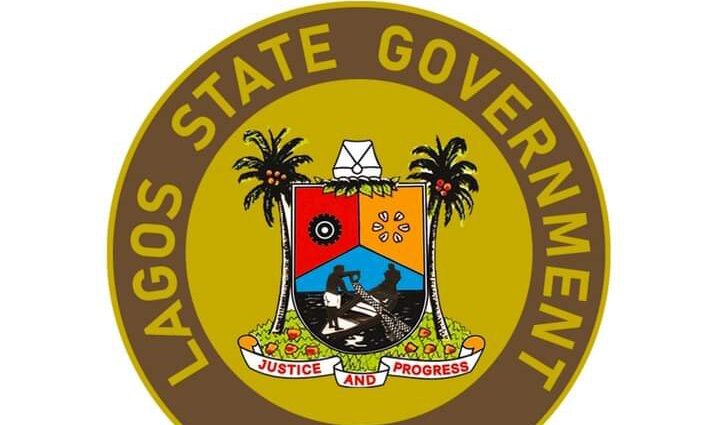The Lagos Government has concluded plans to adopt the National Building Code as a way of regulating the building industry in the state.
The Commissioner for Physical Planning and Urban Development, Dr Idris Salako, made the disclosure last week during a media parley in Lagos.
Salako stated that the move to domesticate the National Building Code was to produce the Lagos State Building Code and supply the missing link in an existing regulatory framework.
He said the code would provide the much-needed focus on performance standards for buildings in the state as opposed to design standards.
He said, “As a performance-based building code, the Lagos State Building Code covers aspects such as structural stability, durability, protection from fire, access, moisture control, energy control and services and facilities.”
He said that the building code would complement the existing building regulatory system in the state and address the challenges of land use, physical development and urban planning.
Salako added that when operational, the building code would afford the opportunity to address the peculiarities of the state and its different localities with building performance standards, while minimising costs that might arise from possible disasters of flooding, building collapse and fire outbreaks.
He said that the domestication of the National Building Code and its eventual launch as the Lagos State Building Code in the foreseeable future would present another national model from the centre of excellence.

Noting the importance of Information sharing to compliance, he urged members of the press to support the government in popularising the Lagos State Building Code and the process leading to its domestication.
In a related development, the State Government has set up an additional Material Testing Laboratory Satellite office at Okokomaiko as part of its ongoing moves to curb the menace of building collapses in the state.
Sanwo-Olu, who was represented at the 2nd Lagos State Materials Testing Laboratory Stakeholders conference in Lagos by his deputy, Dr Obafemi Hamzat, implored stakeholders in the construction industry to ensure voluntary compliance.
He underscored the need to adhere to existing rules, regulations and guidelines, including proper testing of construction materials from project conception, through implementation to completion.
Highlighting some of the efforts to reposition the agency, Sanwo-Olu said the government had procured specialised testing equipment and more operational vehicles to improve the agency’s reach.
According to the governor, the satellite office would be operational before the end of the third quarter of the year.
“In addition, approval has been granted for the engagement of both technical and non-technical consultants, to facilitate the operations of the agency in the areas of carrying out non-destructive tests and serving of test notices across the state.
“We have taken this step as a proactive approach to the identification of distressed buildings for quick and appropriate intervention,” he said.
The governor also reiterated his administration’s commitment towards ensuring that the incidents of avoidable building collapse and the resultant loss of lives became a thing of the past.
PUNCH




